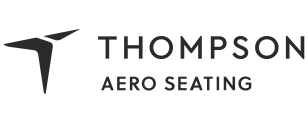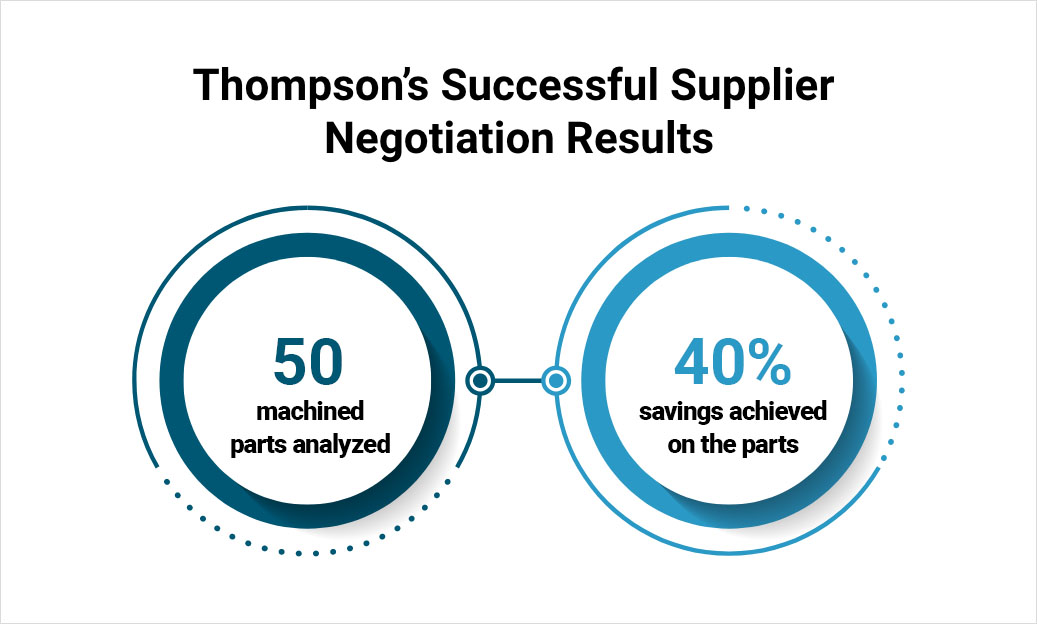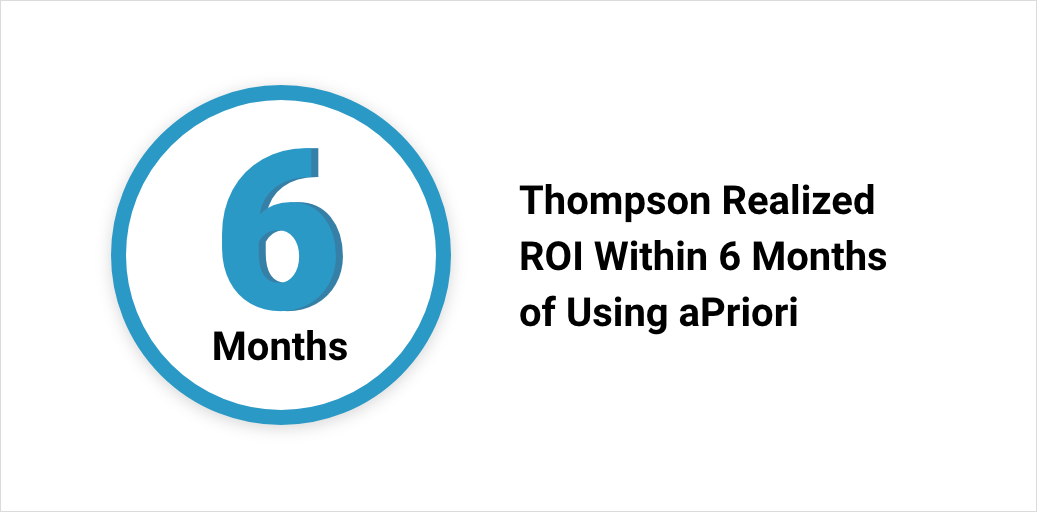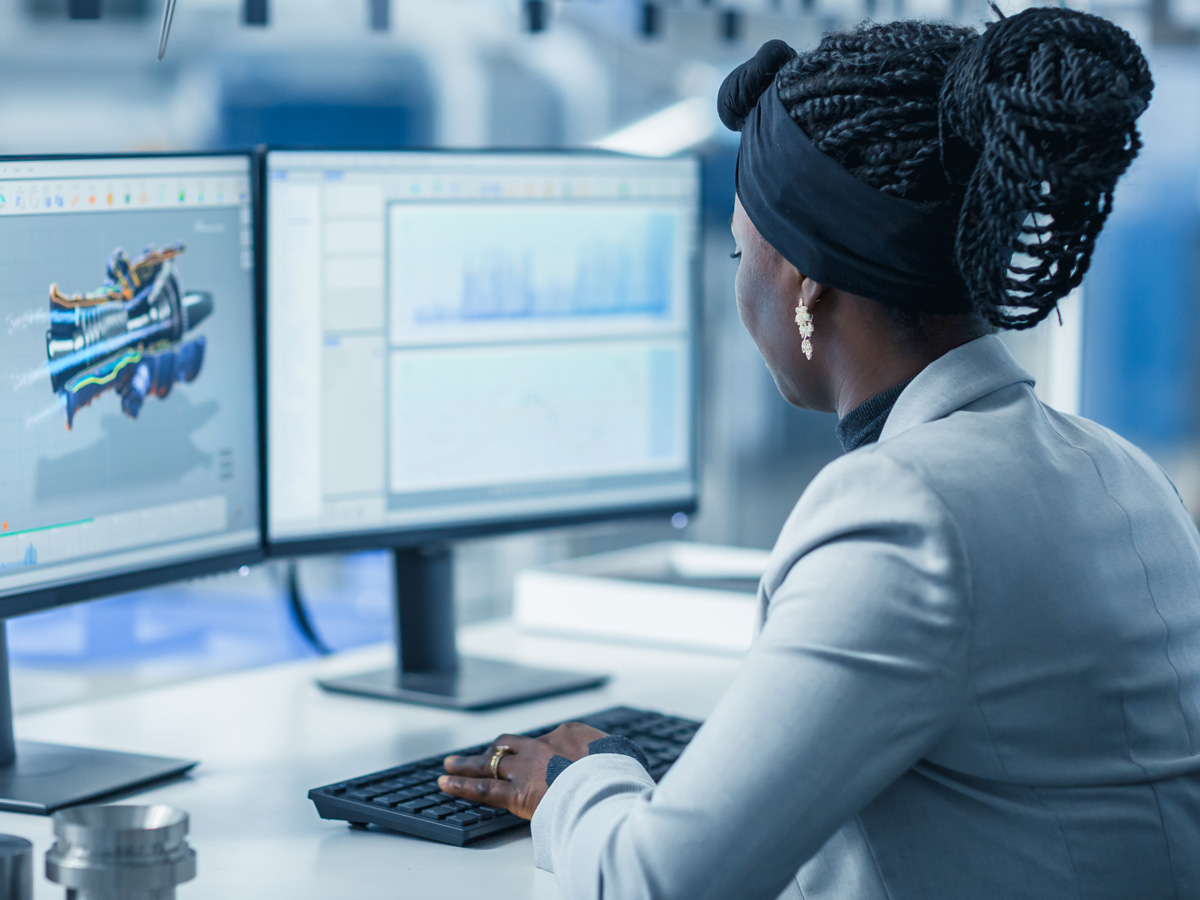Case Study
How Thompson Aero Empowered Supplier Negotiation With Should Costs
As global manufacturers innovate and expand their product portfolios, identifying significant cost-saving opportunities among hundreds of distinct components presents a complex challenge. And the problem is heightened when manufacturers leverage slow, labor-intensive should cost tools to identify potential targets for supplier negotiations.
This case study examines how Thompson Aero Seating uses automation-driven should cost analysis to uncover savings potential among its most high-priced components. Discover below how the company saved 40% on its top-50 most expensive parts using aPriori Manufacturing Insights with real-world should cost estimates.

Company Details
Industry
Aerospace
Number of Employees
700+
Revenue
Confidential
Website
aPriori Product
aP Pro, aP Analytics
The Problem
Identify the Parts With the Largest Potential Savings for NegotiationsThe Solution
Automated Bulk-Cost Analysis Uncovers Cost Outliers Early for Increased SavingsWho is Thompson Aero Seating?
Headquartered in Northern Ireland, Thompson Aero Seating designs and manufactures premium airline seating for first and business-class travelers. The company offers customizable twin- and single-aisle aircraft seats under four seating ranges: Vantage, VantageSOLO, VantageDUO, and VantageXL.
Virgin Atlantic, JetBlue, Singapore Airlines, and other leading carriers use Thompson Aero Seating to provide a comfortable in-flight experience for passengers. More than 700 employees across four sites have design, engineering, manufacturing, and R&D capabilities to support innovation within a highly regulated industry.
Problem: Identify the Parts With the Largest Potential Savings for Negotiations
Thompson Aero Seating had difficulty identifying the true should cost of its top-50 most expensive stock machine parts. This prevented internal project stakeholders from purchasing components at the optimal supplier price relative to volume and batch size.
The manufacturer faced additional business challenges that could impact market share, innovation, and profitability. These obstacles included the following:
- Stronger and rising market competition. As competition strengthened, Thompson Aero Seating looked to reduce product costs to increase profit margins and remain at the forefront of the industry. Traditional, labor-intensive should cost tools do not provide accelerated cost-reduction analysis to evaluate expenses of alternative product designs (geometry), manufacturing processes, materials, and more.
- Inability to make data-driven decisions. Thompson Aero Seating lacked actionable, real-time insights to make rapid, cost-conscious, data-driven decisions during design and purchasing reviews. And the manufacturer did not have the product cost structure insights needed to make informed make-or-buy decisions. This prevented the company from comparing and making decisions based on in-house production costs vs. buying from suppliers.
- Incomplete cost estimation in RFP bids. Suppliers could not accurately revise and align their bids without insight into Thompson Aero Seating’s cost expectations. This hindered suppliers’ ability to provide accurate pricing information and win new business. And this affected Thompson Aero Seating’s ability to receive the parts it needed on time and at the best price.
Thompson Aero Seating sought a digital should cost technology to transform its internal Design to Cost (DTC) and Design for Manufacturing (DFM) capabilities. The innovator selected aPriori’s Manufacturing Insights Platform to accelerate its cost analysis and gain fact-based insights to guide supplier negotiations.
Solution: Automated Bulk-Cost Analysis Uncovers Cost Outliers Early for Increased Savings
Thompson Aero Seating adopted and has been leveraging aPriori since late 2022 following a successful trial.
The manufacturer’s sourcing team employs aPriori’s automated bulk-cost analysis to evaluate and identify cost outliers for multiple large component batches simultaneously. This includes estimating the expenses of Thompson Aero Seating’s top-50 most expensive stock machine parts.
The team now saves time uncovering expensive outliers for cost reduction opportunities and gains detailed should cost estimates to initiate fact-based supplier negotiations. Bulk costing considers various expenses, including real-world labor, material, direct overhead, and indirect costs for 87 global regions to generate precise estimates.
aPriori also empowers cross-functional teams with centralized product data and reports, fostering informed decisions for rapid, cost-conscious innovation. Thompson Aero Seating’s product team employs aPriori’s out-of-the-box reports to set target costs and receive automatic alerts when designs exceed cost thresholds. These alerts provide actionable feedback to optimize designs for cost and manufacturability early in product development.
Using aPriori, product development team members do not have to wait and rely on subject matter experts to perform and validate cost estimates. They can quickly make cost-effective design and sourcing decisions internally, eliminating delays in bringing premium aircraft seating innovations to the aviation industry.
Learn more about how Thompson Aero Seating uses aPriori’s should costs in this article.
Results: Saved 40% on Top-50 Most Expensive Machined Parts
Thompson Aero Seating’s sourcing team presented aPriori’s should cost breakdowns to foster fruitful, collaborative discussions with suppliers. Within two months of implementing aPriori, the innovator reduced the cost of its top-50 most expensive machined parts by 40%.

Thompson Aero Seating’s Look Ahead
Thompson Aero Seating’s senior leadership has incorporated aPriori for existing machined parts on a category-by-category basis. The aim is to capture additional savings by targeting a specific project, supplier, or part type.
Additionally, the manufacturer plans to utilize aPriori for new machine parts evaluation and material requirements planning (MRP) procedures.

Experience aPriori in Action
Meet with an aPriori expert and learn how we can help you to eliminate product costs, improve productivity, and reduce your carbon footprint.








